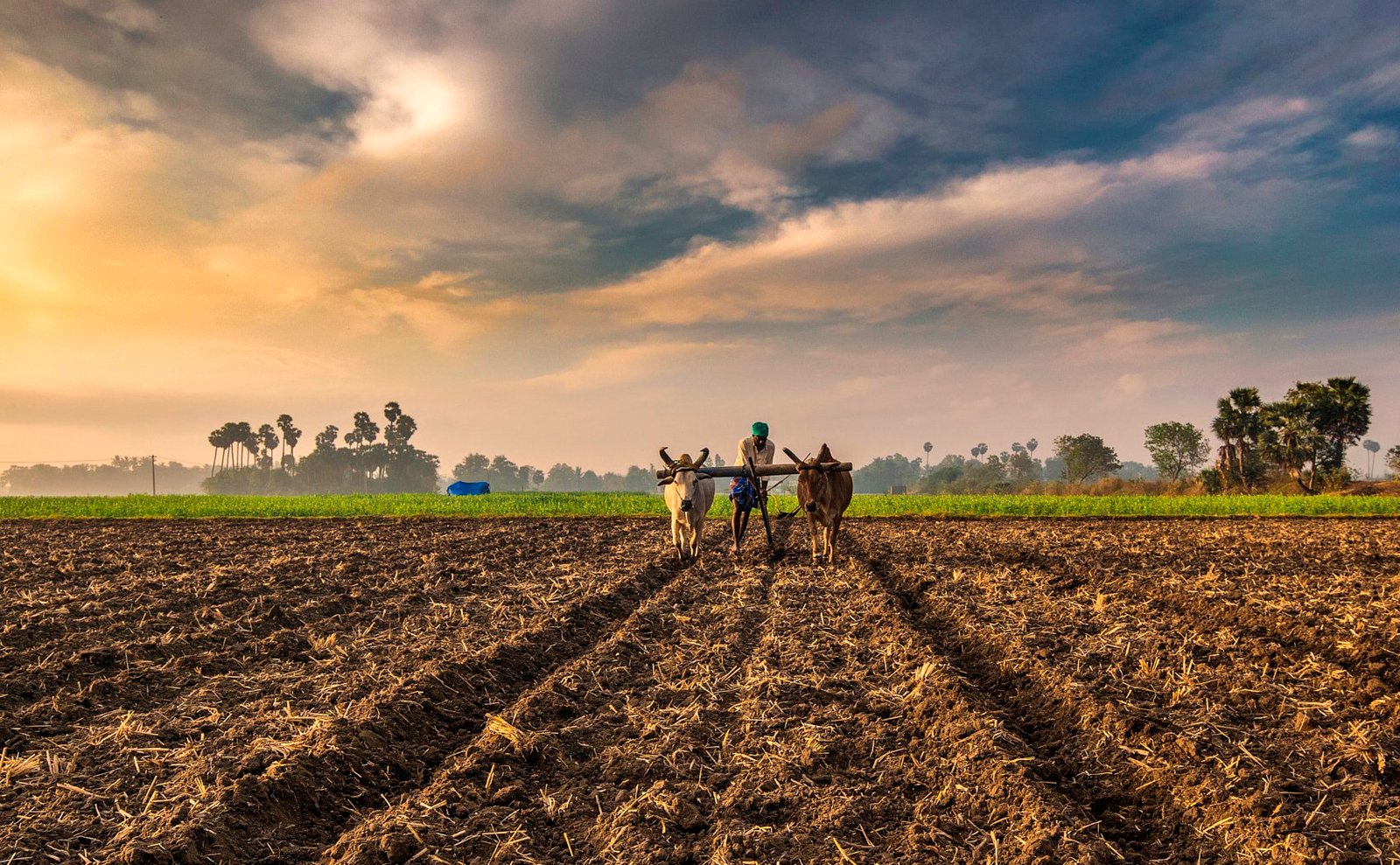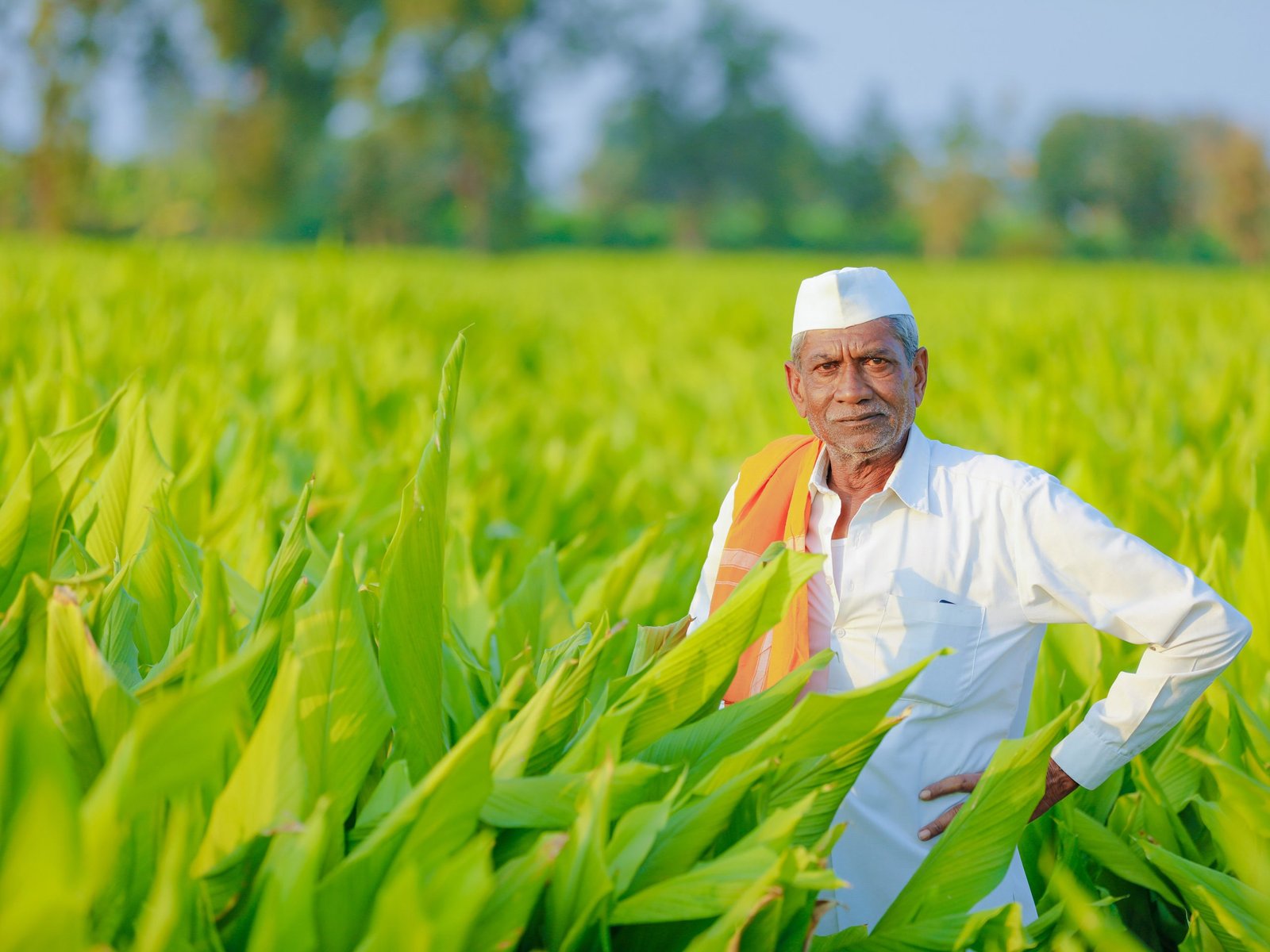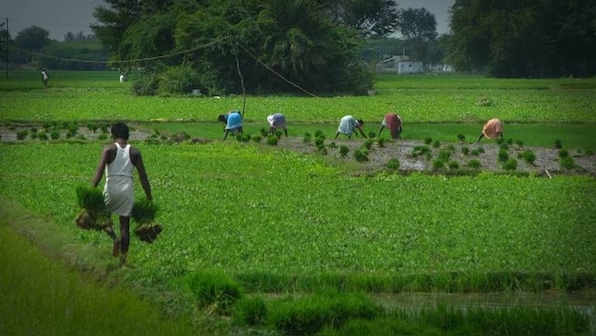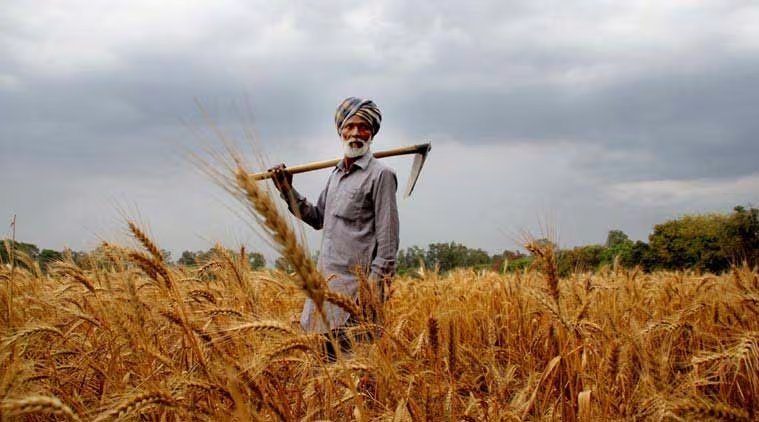- Home
- Temple
- Surila Gurudev
- Activities
-
Events
Upcoming Festivals
- Participate
Rural development for farmers aims to enhance agricultural productivity, improve living standards, and ensure sustainable growth in farming communities. Key initiatives include better irrigation systems, access to affordable credit, and modern farming techniques like organic agriculture and precision farming. Infrastructure development—such as rural roads, storage facilities, and market linkages—helps farmers reduce post-harvest losses and get fair prices for their produce. Additionally, government schemes, cooperatives, and digital platforms empower farmers with knowledge, financial support, and direct access to buyers, reducing dependency on middlemen.

Another crucial aspect is improving social and environmental conditions in rural areas. Investments in healthcare, education, and clean energy (like solar-powered pumps) ensure farmers and their families lead healthier, more productive lives. Skill development programs train farmers in agribusiness, climate-resilient practices, and new technologies, making agriculture more profitable and sustainable. By focusing on these areas, rural development not only boosts farmers' incomes but also strengthens food security and reduces migration to urban areas. Empowering smallholder farmers, especially women and youth, plays a vital role in creating inclusive and thriving rural economies.

Farmers play a pivotal role in rural development by driving agricultural growth, ensuring food security, and sustaining local economies. Their hard work not only feeds nations but also creates employment opportunities in farming, processing, and marketing

Despite their crucial role, farmers face numerous challenges, including climate change, market fluctuations, and lack of access to technology. Small-scale farmers, in particular, struggle with low profits, debt burdens, and inadequate storage facilities.
